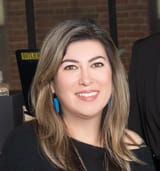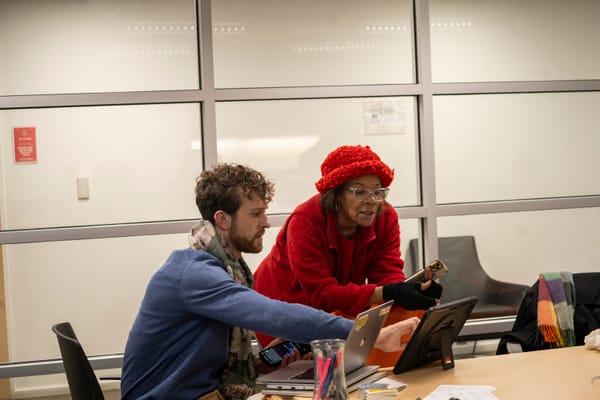Can news help us future proof?

Know somebody else who needs respite from the attention economy or the doomscroll? Recommend they subscribe to Understated. Ideas on how to find, share and understand the information we need to stay engaged without being overwhelmed. Dispatches about once a week because that's plenty.
A number of new subscribers have joined us recently. Welcome! And thank you. Participation is encouraged here! I'll do my best to overcome the limitations of this format to incorporate ideas and perspectives you share. along with recs for my reading list. What are you finding challenging and hopeful in our information landscape?
The goal here is to inspire and interrogate new ideas for making news and information systems more useful, pro-social, and valued. In trying to provoke myself to think expansively and creatively about how to address some shortcomings in the news, my understanding of some of these new frameworks is admittedly shallow right now. It won't always be, but I'm still looking for inspiration, challenge, background, and provocation.
We're almost three months into this project. Time to take stock of the impact of reading, reporting and interviews on my early conclusions.
In my first post I called out the problems in news and information I felt most drawn to trying to solve around.
- High-quality news is marginal to most people's information diets.
- Our information landscape does not help people differentiate between urgent and emotional concerns.
- The economic incentives of the attention economy are in direct opposition to a resilient social fabric.
I'm still interested in all of these, but getting increasingly drawn to how news can help people distinguish between urgent and emotional concerns. Emotional concerns can feel urgent, even when addressing them won't be possible or create material changes. On the other hand, urgent concerns like climate change might not feel pressing. I asked reporter and producer Alix Spiegel about this, and she pointed me to her wonderful Invisibila episode. She explains this disconnect as being rooted in most people's inability to understand the challenges of a scale and tempo outside individual human experience.
How do we equip people to contend with, prepare for, and mitigate harm our reporting shows is likely to happen in the future without verging into opinion or broad stroke doomerism that only leads to news avoidance? What are the frameworks we should be looking at outside of journalism for inspiration? I'm most familiar with public health frameworks that fit under the umbrella of harm reduction.
Successful harm reduction tries to develop strategies that can address both immediate risk and long-term harm. A study I read last month by my soon-to-be colleague at Temple University, Deborah Cai, and a group of researchers keeps coming back to me as I think about how this frame might apply to journalism. The researchers compared how information made a difference in both the Zika epidemic in 2016 and the COVID-19 pandemic. They wanted to measure how much media helped people make decisions based on the actual probability of disease rather than their perceived risk.
If people misperceive the risk of getting sick as low, they are less likely to take precautions. The more media use study subjects in the Zika group used, the closer their perception of risk got to reality. The same was not true for study subjects using media about COVID-19. Perceived risk in that group remained further from reality even with increased media use. This study certainly doesn't mean that news and information don't matter, and it is only one study. But it highlights how complicated the nexus between psychology, information, and group action really is. I think it's worth throwing a lot more energy at figuring out how this nexus works when it comes to news. I'm sure social media executives and engineers understand this nexus better than most of us in news, but I'm not expecting them to share these learnings.
If there are examples of news organizations preparing people for future events that come to mind, please send them my way. Does Katherine Schulz's 2015 terrifying piece about Pacific Northwest earthquake risk, The Really Big One, count?
I'll see you next week. Take care of yourself until then. If your appetite for news nerdery is not yet sated, check out the updated reading list and hit reply to send me your recs.




